Why Gut Health Deserves Your Attention
If you’ve ever had a “gut feeling” about something, it’s not just a figure of speech—your gut plays a major role in both your physical and emotional health. As a clinical nutritionist who’s helped hundreds of clients manage bloating, fatigue, anxiety, and even stubborn weight through dietary changes, I can tell you: gut health is the cornerstone of overall wellness.
The gut is home to trillions of bacteria, collectively known as the gut microbiome. This diverse ecosystem influences everything from digestion and immunity to hormonal balance and mood. And the foods you eat—especially probiotics and prebiotics—have a profound effect on its balance.
Let’s explore how you can nourish your gut and transform your health with evidence-based nutrition.
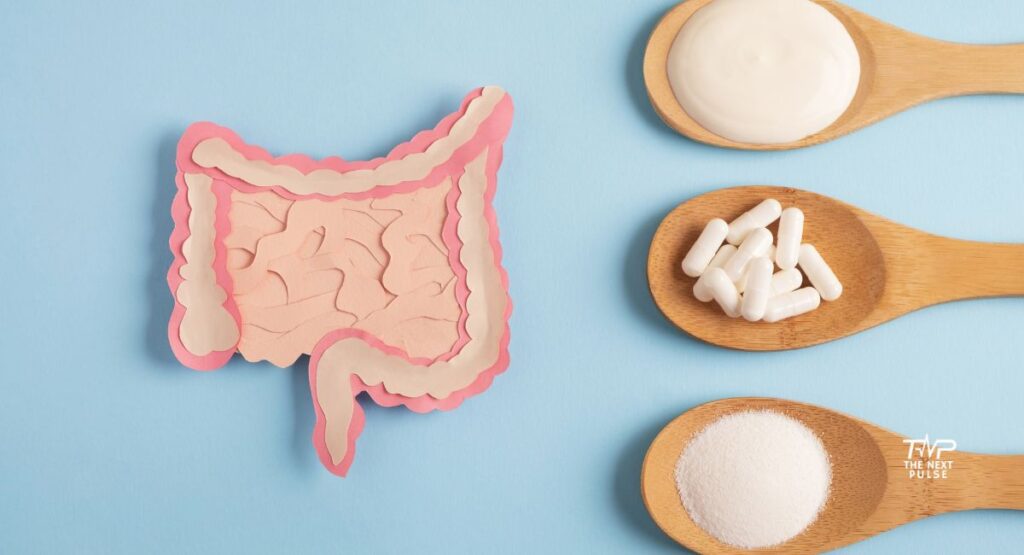
Key Benefits of Probiotics & Prebiotics (From a Nutritionist’s Perspective)
What Are Probiotics?
Probiotics are live beneficial bacteria found in fermented foods. Common sources include:
- Yogurt (with active cultures)
- Kefir
- Sauerkraut
- Kimchi
- Kombucha
These bacteria help restore gut flora, making your digestive system more efficient and resilient.
Clinical Insight: A 2020 meta-analysis in Nutrients journal confirmed that probiotic supplementation improved symptoms of IBS and reduced bloating in over 60% of cases.
What Are Prebiotics?
Prebiotics are non-digestible fibers that act as food for your good gut bacteria, promoting their growth. Rich sources include:
- Garlic & onions
- Leeks
- Asparagus
- Bananas
- Oats
Think of prebiotics as the fertilizer, and probiotics as the plants.
Bonus Benefit: A study published in Frontiers in Behavioral Neuroscience found that prebiotic fibers positively influence brain chemistry and reduce cortisol, the stress hormone.
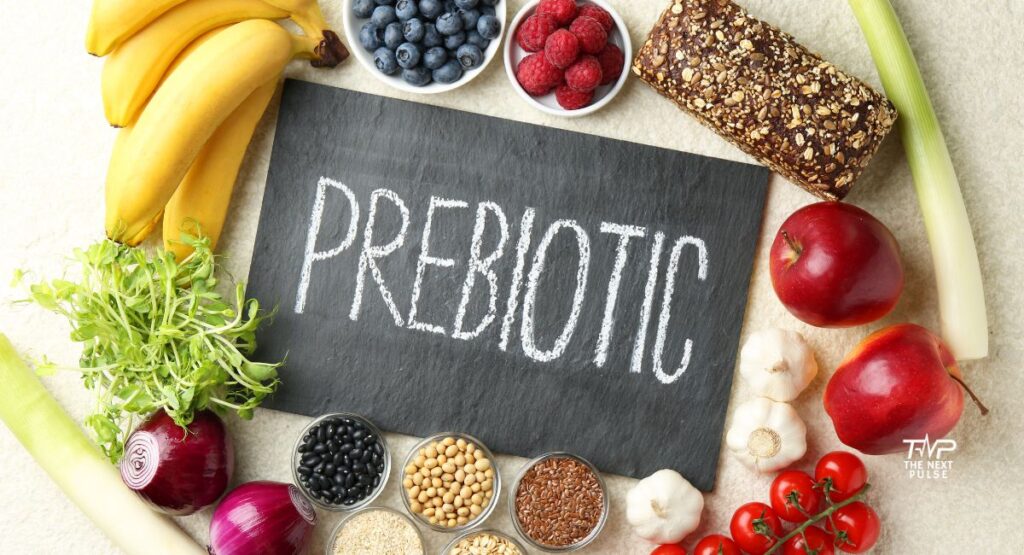
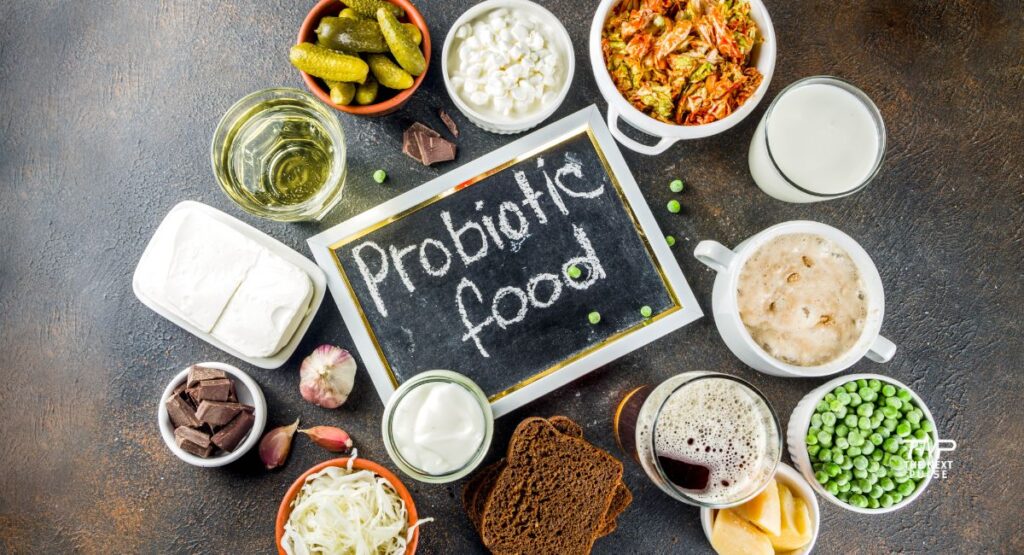
Medicinal Properties & Wellness Benefits
| Benefit | How Probiotics/Prebiotics Help |
| Digestion | Alleviate constipation, bloating, and gas by supporting gut motility and flora balance. |
| Immunity | 70% of your immune cells reside in the gut. Probiotics enhance immune response to pathogens. |
| Mental Well-being | Probiotics like Lactobacillus rhamnosus may help modulate serotonin and GABA levels, affecting mood and anxiety. |

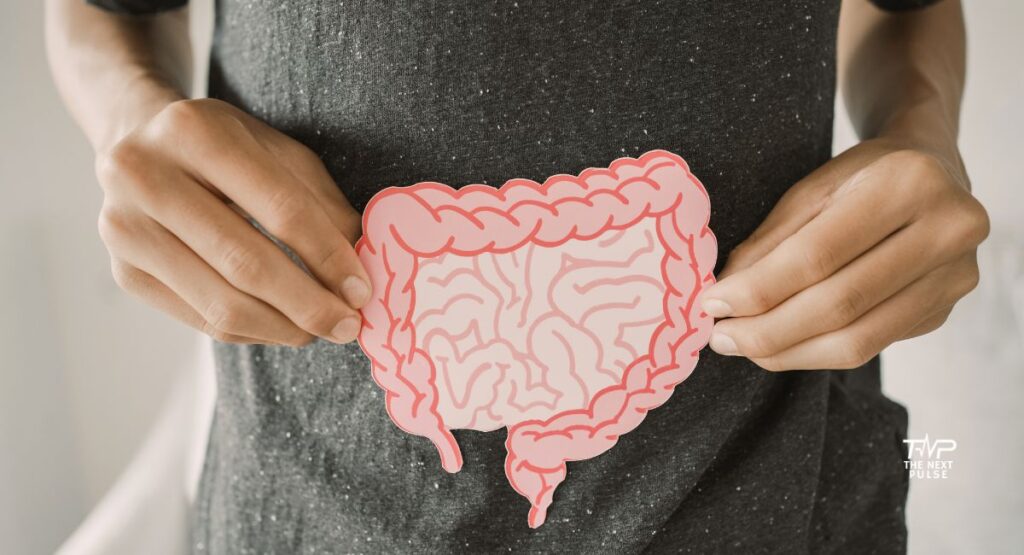
How to Add Probiotics & Prebiotics into Your Daily Meals
Easy Meal Integration Tips:
- Breakfast:
- Yogurt parfait with bananas and oats (combo of probiotics + prebiotics)
- Overnight oats with chia seeds, kefir, and berries
- Lunch/Dinner:
- Add a side of kimchi or sauerkraut to grain bowls or wraps
- Toss roasted asparagus or garlic into salads or pasta
- Snacks:
- Drink kombucha or kefir smoothie
- Banana slices with almond butter and flaxseed
Synergy Tip: Combine probiotic and prebiotic foods in the same meal for a synbiotic effect—boosting gut health more effectively than either alone.
The Gut-Fitness-Wellness Connection
Energy & Nutrient Absorption
A healthy gut ensures that nutrients like B12, iron, magnesium, and amino acids are absorbed efficiently—fueling better energy and physical performance.
Faster Recovery
Post-exercise inflammation can be reduced through certain probiotic strains (Lactobacillus casei, Bifidobacterium longum)—helping speed up muscle recovery and immune resilience. Immune Boosting Soup
Tailored Advice:
- For Athletes: Add kefir to smoothies for protein + probiotic synergy
- For Vegans: Fermented tempeh, miso, and plant-based yogurt are great options
- On Keto?: Go for low-carb, fermented pickles, sauerkraut, and high-fat yogurt

FAQ
Q1: Can probiotics help with bloating?
Yes. Studies show certain strains (e.g., Lactobacillus acidophilus, Bifidobacterium infantis) reduce bloating and discomfort, especially in IBS.
Q2: Are probiotic supplements necessary?
Not always. A diet rich in probiotic foods may be enough. However, for clinical conditions or after antibiotics, a high-quality supplement can help re-colonize your gut.
Q3: What if I’m lactose intolerant?
Opt for lactose-free yogurt, coconut kefir, or fermented vegetables like kimchi. Most fermented dairy has reduced lactose, but listen to your body.
Q4: Are all fermented foods probiotics?
No. Not all fermented foods contain live cultures. For example, sourdough bread or beer are fermented but often don’t contain active probiotics post-processing.
Final Thoughts: Nourish Your Gut, Transform Your Life
Caring for your gut doesn’t require extreme diets—just intentional food choices. Start by including:
- 1–2 servings of probiotic foods daily
- A variety of prebiotic fibers (garlic, bananas, oats, etc.)
- Water and stress management to support the entire system
🥄 Actionable Tip: Begin your day with a yogurt and banana parfait or a kefir smoothie, and add fermented veggies to at least one meal per day.
Your gut is more than a digestive system—it’s the command center of your health. Make it your ally, one bite at a time.
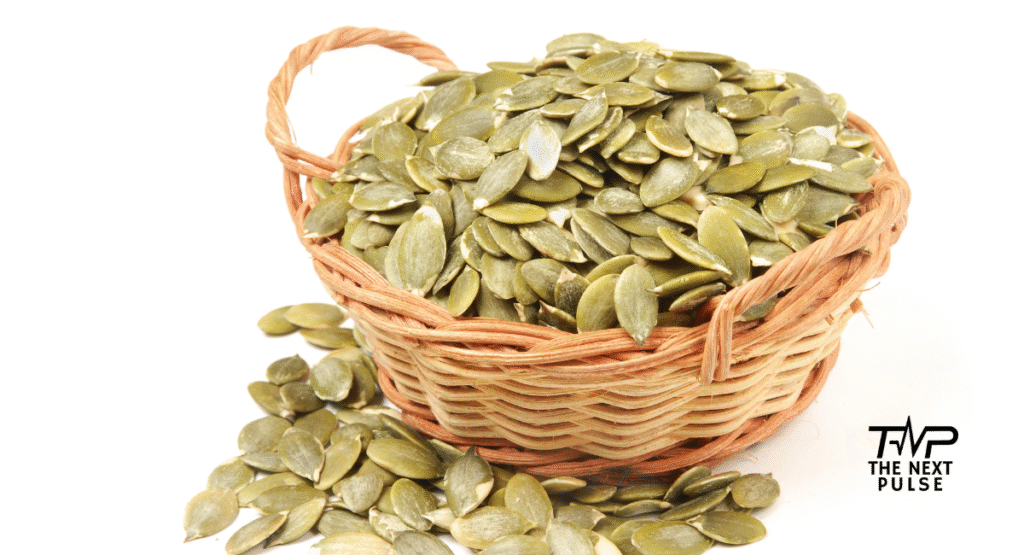
Pumpkin Seeds:Tiny Powerhouses
Pumpkin seeds are like little nutrition ninjas—packed with magnesium, zinc, and tryptophan. Wanna sleep better, boost your immunity, and keep your heart happy? Here’s why you should be tossing these into everything.
READ MORE